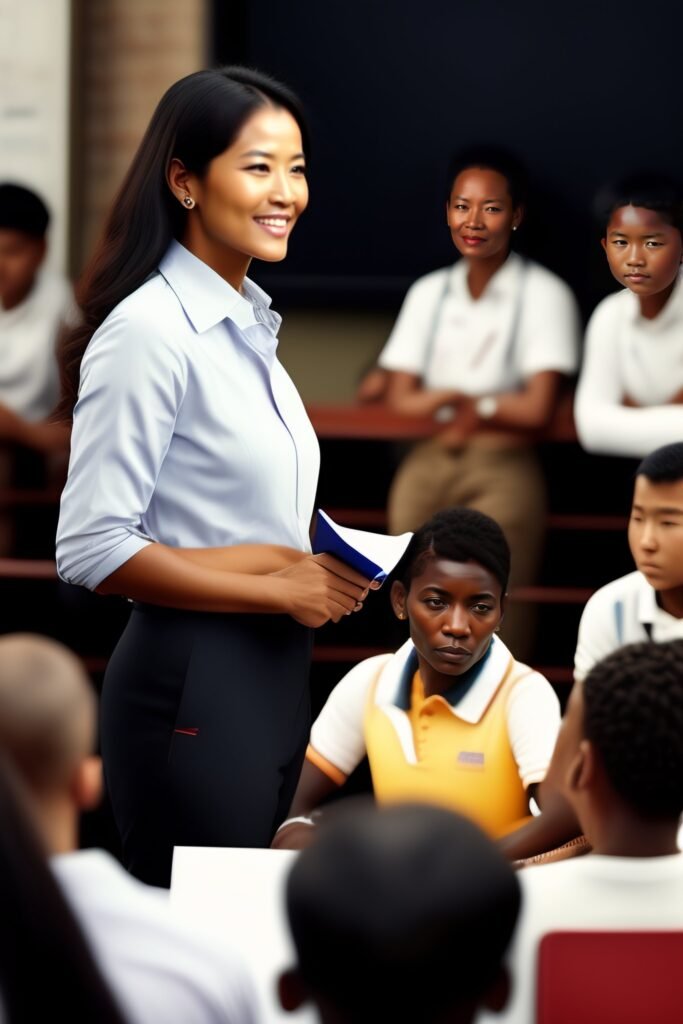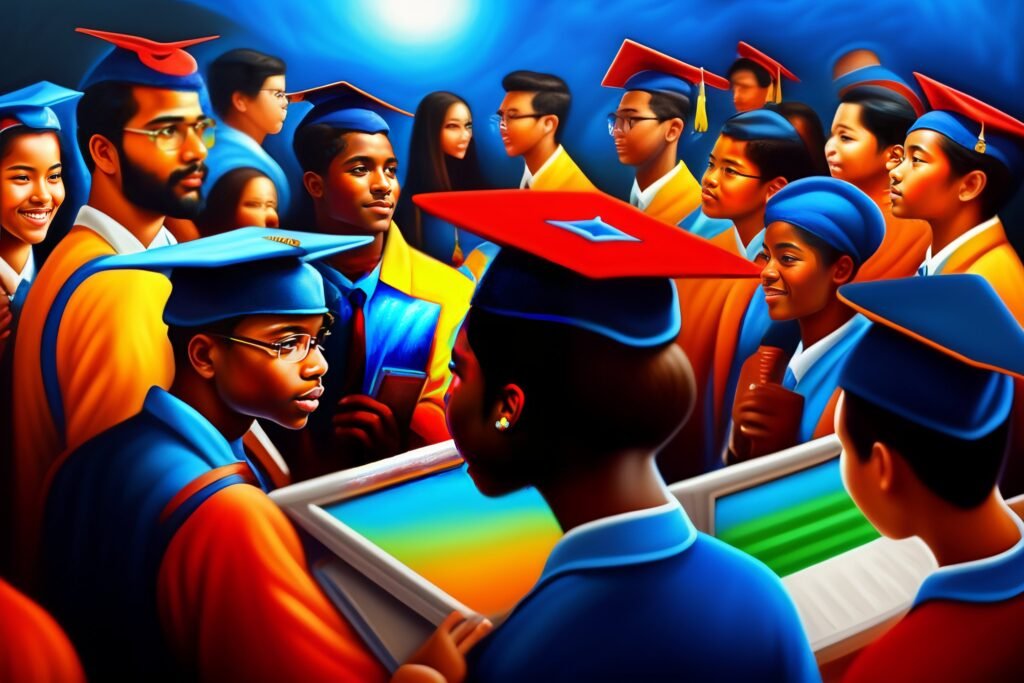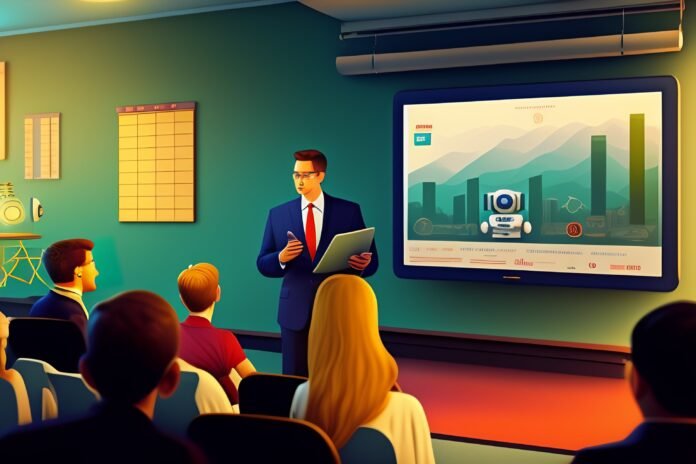In a world that’s evolving at an unprecedented pace, education must keep up with the rapid changes to prepare students for the challenges and opportunities of the future. Personalized learning has emerged as a ground-breaking approach to education, tailoring the learning experience to individual students’ needs, preferences, and strengths. Let’s delve into this revolutionary concept and explore how personalized learning is redefining education in our fast-changing world.
Introduction
Traditional education systems often follow a one-size-fits-all model, where students of diverse abilities and backgrounds are taught the same way. However, the modern world demands a more flexible and individualized approach to learning.
The Essence of Personalized Learning
Personalized learning flips the script on conventional teaching methods. It recognizes that each student is unique and learns differently. By tailoring content, pacing, and assessment to an individual’s strengths and weaknesses, personalized learning fosters a deeper understanding of subjects.
Advantages of Personalized Learning
Catering to Diverse Learning Styles
Not all students thrive in a lecture-based classroom. Personalized learning allows auditory, visual, and kinaesthetic learners to engage with content in ways that suit them best.
Fostering Independent Learning
Personalized learning empowers students to take control of their education. They learn to set goals, manage their time, and seek resources independently.
Enhancing Engagement and Motivation
When students see the relevance of what they’re learning to their lives, they become more engaged. Personalized learning aligns content with students’ interests, making learning more exciting.
Technological Innovations Driving Personalized Learning
Artificial Intelligence in Education
AI-powered tools analyse students’ performance data to recommend suitable learning paths and resources, ensuring a tailored education.
Adaptive Learning Platforms
Digital platforms adjust the difficulty of content based on a student’s progress, ensuring they are consistently challenged but not overwhelmed.
Data-Driven Insights
Educators can leverage data to identify learning gaps and adapt their teaching strategies accordingly.
Overcoming Challenges in Implementation
Adapting to Varied Resource Availability
Personalized learning can sometimes require technological infrastructure that isn’t universally accessible. Strategies must be devised to ensure equitable access.
Addressing Privacy Concerns
As data collection increases, it’s crucial to safeguard students’ privacy and ensure ethical use of their information.
Training Educators for Personalized Approaches
Teachers need professional development to effectively implement personalized learning methods in their classrooms.
Personalized Learning in Different Educational Levels
Elementary and Middle School
Young students benefit from customized learning experiences that nurture their curiosity and creativity.
High School and College
Personalized learning at this level prepares students for specialized career paths and higher education opportunities.
Lifelong Learning and Professional Development
Adults can also benefit from tailored learning experiences to upskill or transition to new careers.
The Role of Educators in a Personalized Learning Environment
Shifting from Instructors to Facilitators
Educators become guides, helping students explore subjects at their own pace.
Nurturing Holistic Development
Personalized learning focuses not only on academics but also on students’ character, social skills, and emotional intelligence.
A Paradigm Shift: From Grades to Skill Mastery
Personalized learning emphasizes skill acquisition over grades, preparing students for real-world challenges.
Future Trends and Possibilities
Virtual Reality and Immersive Learning
Immersive technologies could transform learning experiences by creating interactive virtual environments.
Global Collaborative Learning Experiences
Students could collaborate with peers from around the world, gaining diverse perspectives.
Impact on Education Equity
Personalized learning has the potential to bridge educational gaps, providing tailored support to disadvantaged students.
Parental and Community Involvement
Parents and communities play a vital role in supporting personalized learning initiatives.
The Road Ahead for Personalized Learning
As technology continues to evolve, personalized learning is set to become more sophisticated and accessible.
Conclusion
In a world where adaptability and skills are valued more than ever, personalized learning emerges as a beacon of educational innovation. By catering to individual strengths and needs, it equips students to navigate the challenges of an ever-changing landscape.



FAQs (Frequently Asked Questions)
What is personalized learning?
Personalized learning is an approach that tailors education to individual students’ needs, preferences, and strengths.
How does technology support personalized learning?
Technology provides tools like AI, adaptive platforms, and data analysis to create tailored learning experiences.
Can personalized learning work for all students?
Yes, personalized learning can be adapted to suit various learning styles and abilities.
Does personalized learning replace traditional teaching?
Personalized learning complements traditional methods, offering a more flexible and individualized approach.
What challenges does personalized learning face?
Challenges include resource disparities, privacy concerns, and the need for educator training.

